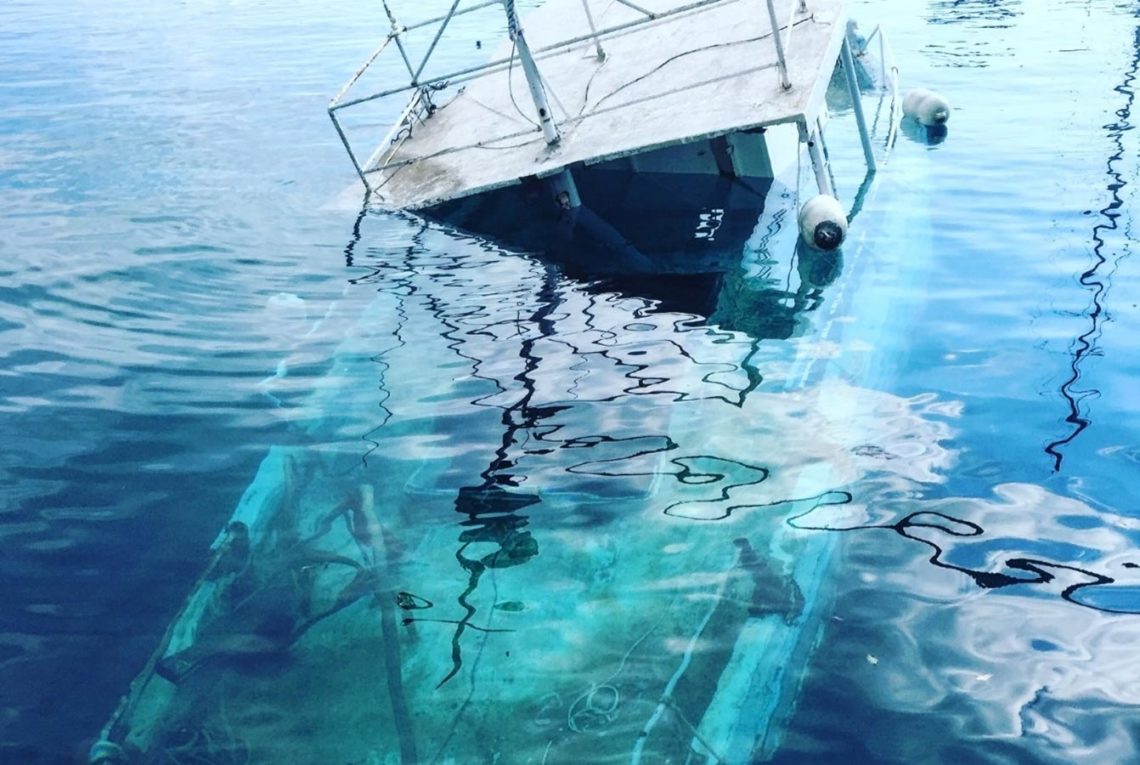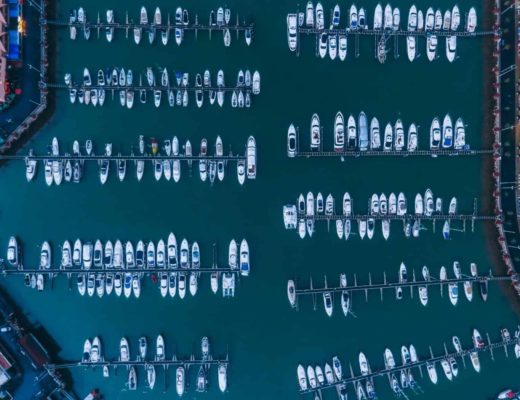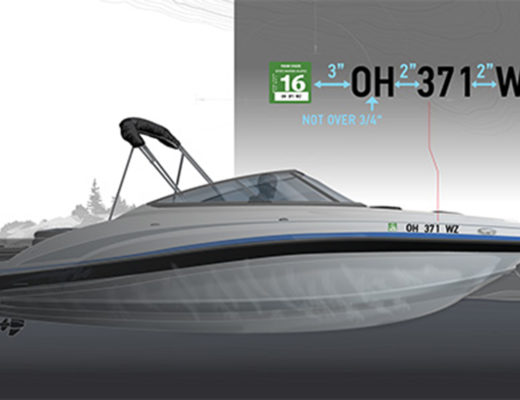When it comes to boating, people often think of sparkling waters, a fresh boat, and an ice-cold can of beer. It makes sense when you think about it: from Jimmy Buffett songs to beer commercials, boating, and drinking almost seem to go hand in hand.
For a lot of New York boaters, it probably sounds like a perfect summer day to crack a cold one and feel the salt spray on your cheeks. However, New York boaters know there’s no fun without safety — which is where the importance of boating safety and drinking responsibly comes into play.
Chances are, you guessed that there are definitely some laws around drinking and boating . . . you’re just not sure what. And you’re right! Just like driving, there are some serious rules for drinking and boating in New York.
So, can you drink on a boat in New York? Here’s everything you need to know when it comes to alcohol, drugs, and boating in New York State.
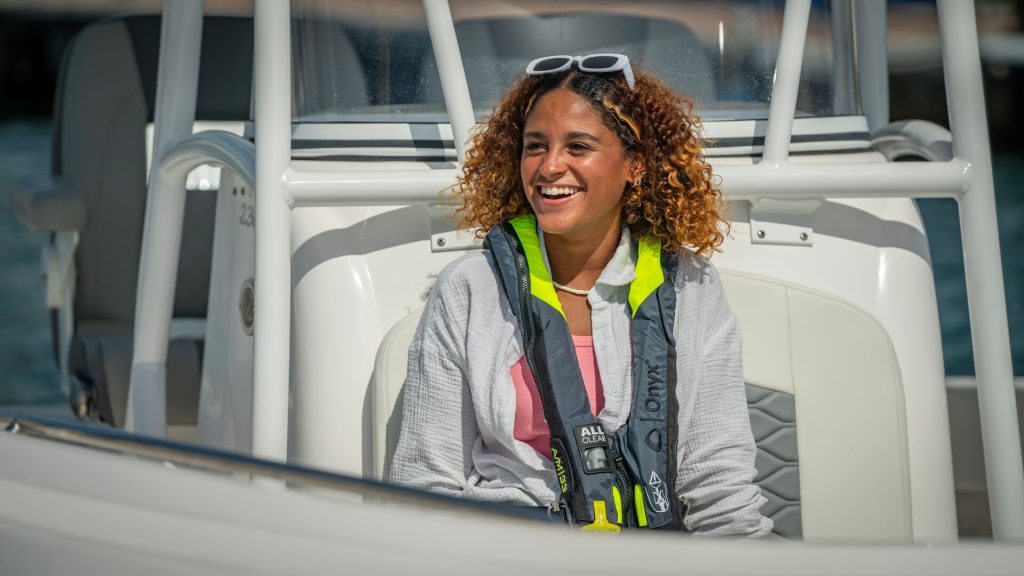
Can You Drink on a Boat in New York?
In New York, it is illegal to operate a boat under the influence of alcohol or drugs due to the impairment it can give the driver.
Being “under the influence” of alcohol in New York means that you have a blood alcohol content level (or BAC) of .08% or greater. You are considered legally intoxicated across the board — including federally. However, some people may feel and act intoxicated before reaching .08% BAC, which is why boat operators may also get in trouble if their BAC is .04% or greater.
Unlike driving, you “can” enjoy a drink or two while operating a boat in New York. However, if you become intoxicated while operating a boat, you can face legal repercussions, fines, and even a possible loss of your boating license.
As a boat passenger, you can enjoy alcohol responsibly on the boat as long as you are of legal drinking age.
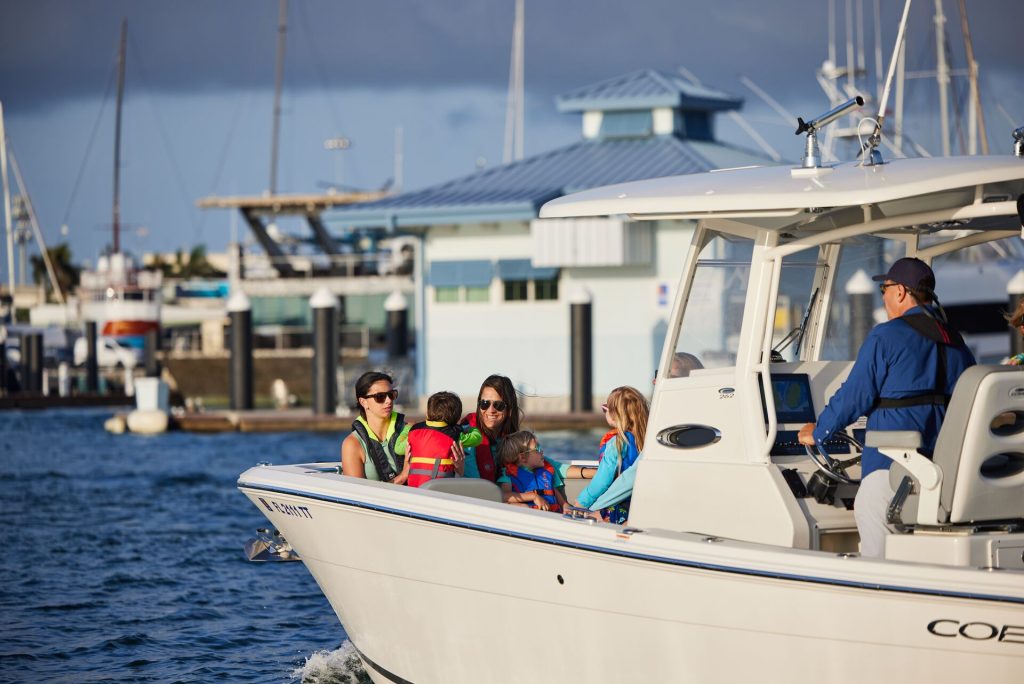
What Are the Penalties for Drinking and Boating in New York?
Regarding drinking and boating in New York, several categories of laws and punishments fall under the umbrella. Boaters may get an alcohol-BWAI, a drug-BWAI, a BWI, or a per se BUI.
These violations include:
- Alcohol-BWAI: Alcohol-induced BWAIs, or boating while ability impaired by alcohol, carry a fee of anywhere from $300 to $1,500 and up to 180 days in jail, depending on the number of offenses.
- BWI: A BWI, or boating while intoxicated by drugs or alcohol, is punishable by a fine of anywhere from $500 to $10,000 and up to seven years in jail, depending on the number of offenses.
- Per se BUI: A per se BUI, or boating while impaired by an alcohol content of .04% or more, is punishable by a fine of anywhere from $500 to $10,000 and up to seven years in jail, depending on the number of offenses.
- Drug-BWAI: A BWI, or boating while impaired by drugs, is punishable by a fine of anywhere from $500 to $10,000 and up to seven years in jail, depending on the number of offenses.
The best way to avoid any of these penalties is to avoid drinking if you’re the boat’s operator. It’s also the safest way to drive a boat!
When Can I Drink on a Boat in New York?
You may drink responsibly on boats in New York State. However, boat operators may not become intoxicated.
If you start feeling tipsy, stop the boat and let someone who has not been drinking (and who is licensed) drive.
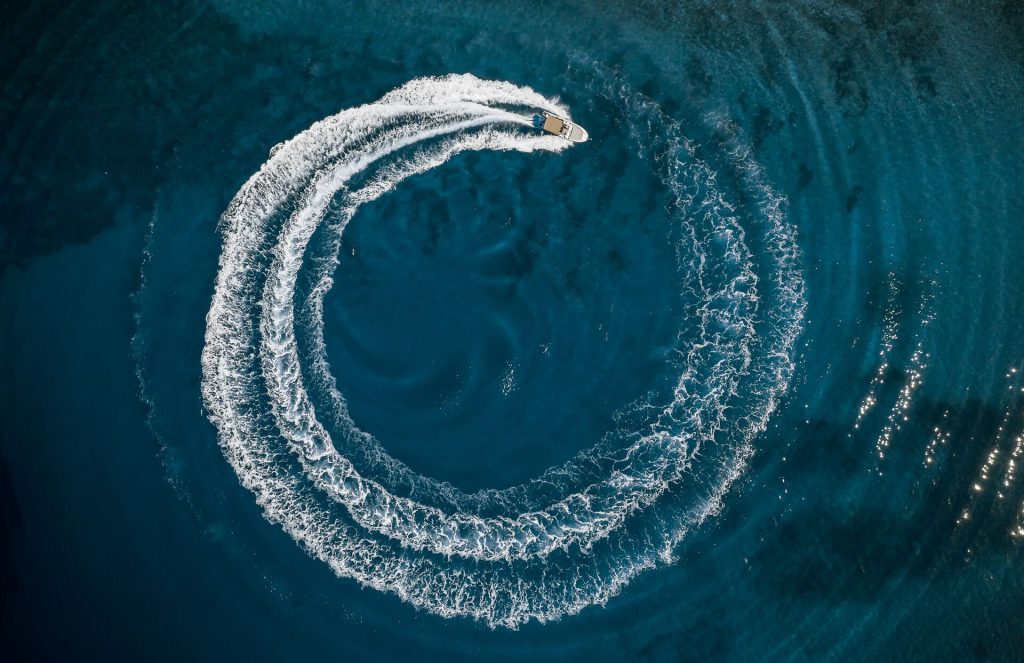
What Are the Effects of Alcohol While Boating?
When drinking alcohol while boating, the effects can be compounded quickly.
With water, sunlight, and heat as a major part of boating, drinking alcohol can quickly affect everything from your judgment to your balance. We always recommend drinking very little, if at all, while boating due to effects like this:
- Slower reaction and response
- Less concentration, worse judgment and slower processing times
- Reduced motor skills, in and out of the water
- Accelerated hypothermia
- A lack of ability to distinguish between good and bad decisions
Any of these effects can lead to serious consequences and injuries if you’re not able to respond quickly and appropriately to avoid an accident while operating a boat.
Alcohol-related Boating Instances in New York
According to the New York Parks, Recreation and Historic Preservation Division, alcohol and drug use contributed to 20.4% of all boating deaths between 2005 and 2023.
Alcohol and drugs don’t discriminate depending on the state, which means that New York families have seen pain and impact from the negative consequences of drinking while boating . . . and they’re not the only ones.
What About Being Under the Influence of Drugs on New York Waters?
Being under the influence of drugs while operating a boat in New York is illegal, and being under the influence of drugs as a boat passenger is illegal as well. While some drugs have been decriminalized in the state — namely, marijuana — recreational use has not been legalized, and that goes for boating as well.
What Else Do I Need to Know About Drinking, Drugs, and Boating in New York?
The thing is, boating should be fun and safe. When you start mixing in drugs and alcohol, boating becomes markedly more dangerous for everyone on the water, which is why taking a boating safety course is imperative for every New York boater.
In fact, all New York boaters are required to be licensed by January 2025, regardless of age — meaning that every boater will have to take a boating safety course no matter what.
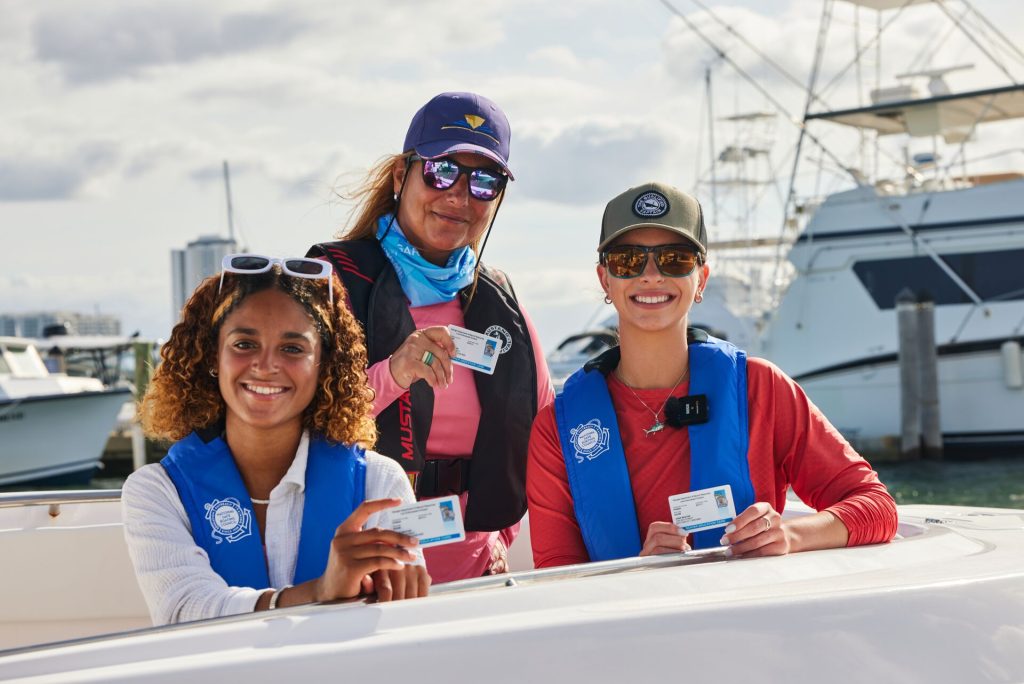
Boat Safely in New York with BOATsmart!
We hope we’ve answered the question, “Can you drink on a boat in New York?” But more importantly, we hope we’ve highlighted the importance of prioritizing safety when operating a boat.
By taking BOATsmart!’s boating safety course, New York boaters are empowered to boat safely, soberly, and smartly on the water. With an engaging, animated, and narrated curriculum, BOATsmart! is the top choice for New York boaters looking to have fun on the water; no drinks required!
Originally published in March 2021. Content most recently reviewed and updated for accuracy and relevancy September 5, 2024.
